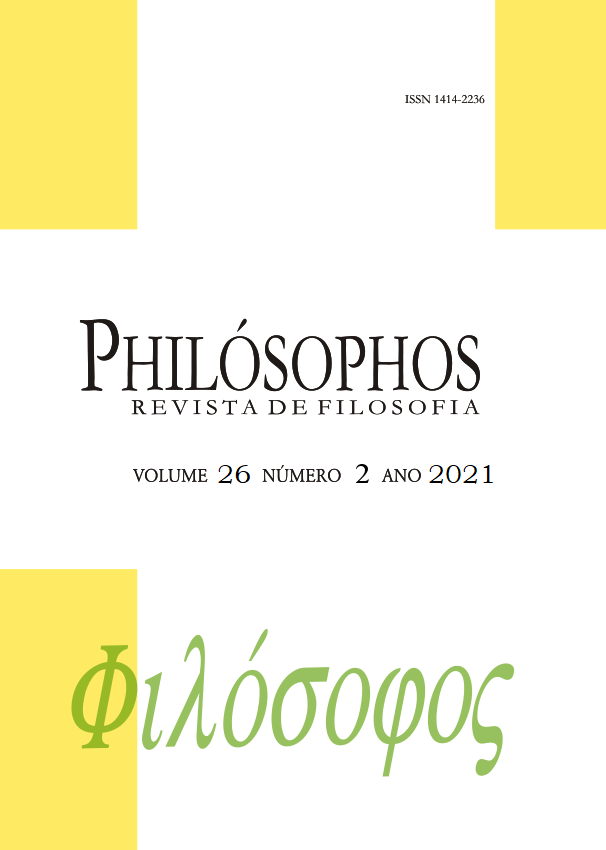The dynamics of institution of dimensions of perceptual experience in Merleau-Ponty
DOI:
https://doi.org/10.5216/phi.v26i2.67404Abstract
From the work of Merleau-Ponty, we elaborate a discussion that, based on the expressiveness of the body scheme and its power to constitute sensory-motor habits, problematizes the faculty of transformation of perception. We are guided by the purpose of investigating the delineation of an ethos of the senses based on the transformation of perceptual schemes. Throughout the text, we analyze the praxical and intentional dimensions related to the body scheme; we approach the constant development of the body scheme through the acquisition of sensory-motor habits; we suggest the concept of level, adopted by Merleau-Ponty from the gestalt tradition, as a tool for understanding the corporeal process of constitution of new thresholds of perception and action in the world; and, at the end, we present notes for the exploration of the critical and social developments of Merleau-Pontian investigations of perception based on the expressive plasticity of the body scheme.
Downloads
Downloads
Published
How to Cite
Issue
Section
License
Copyright (c) 2022 Philósophos a journal of philosophy

This work is licensed under a Creative Commons Attribution-NonCommercial-NoDerivatives 4.0 International License.
Authors who publish in this journal agree to the following terms:
- Authors retain copyright and grant the journal right of first publication, with the work simultaneously licensed under a Creative Commons Attribution License that allows others to share the work with an acknowledgement of the work's authorship and initial publication in this journal.
- Authors are authorized to enter into separate, additional contractual arrangements for the non-exclusive distribution of the journal's published version of the work (e.g., publishing in an institutional repository or as a book chapter), with an acknowledgement of its authorship and initial publication in this journal.















